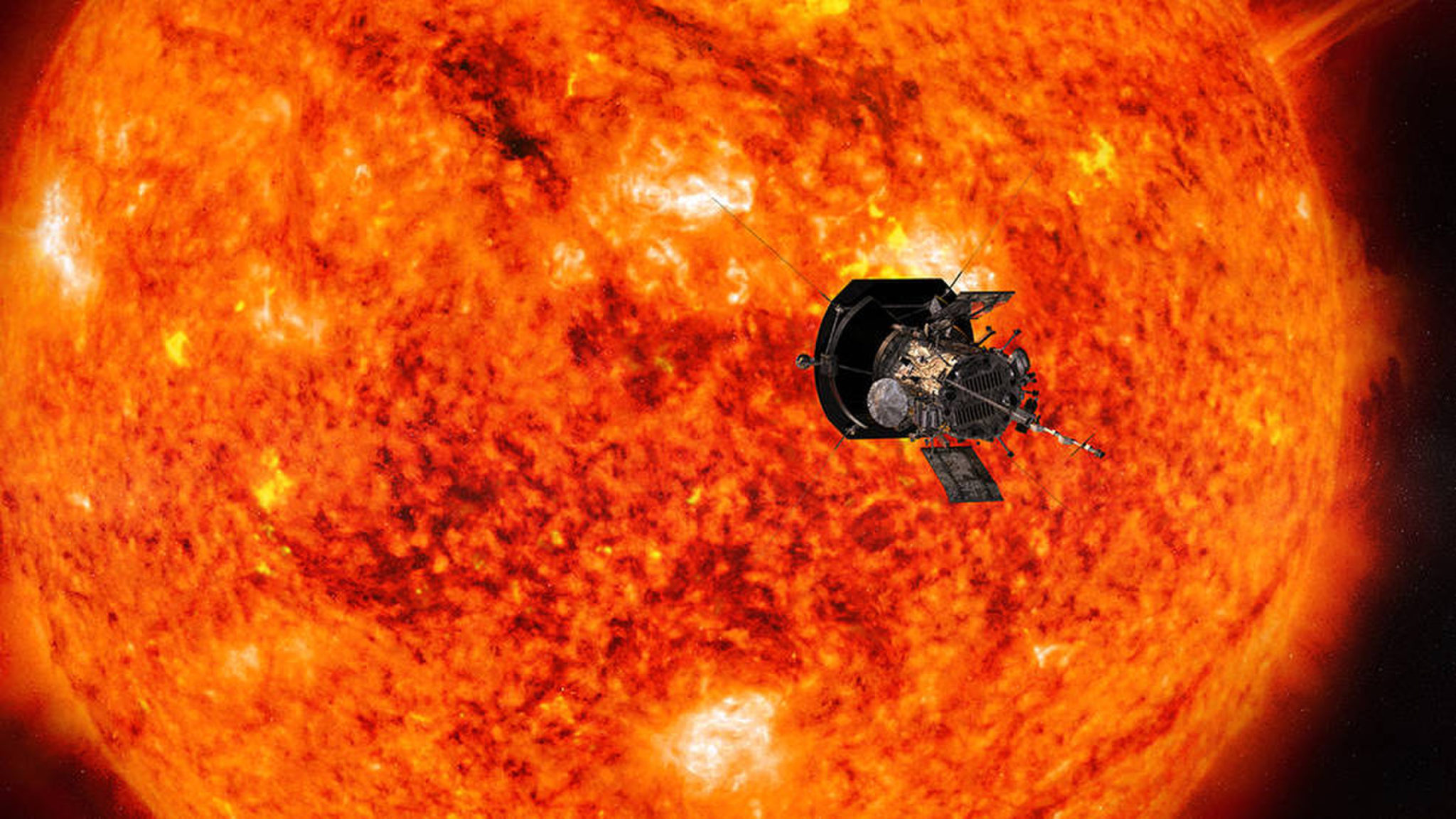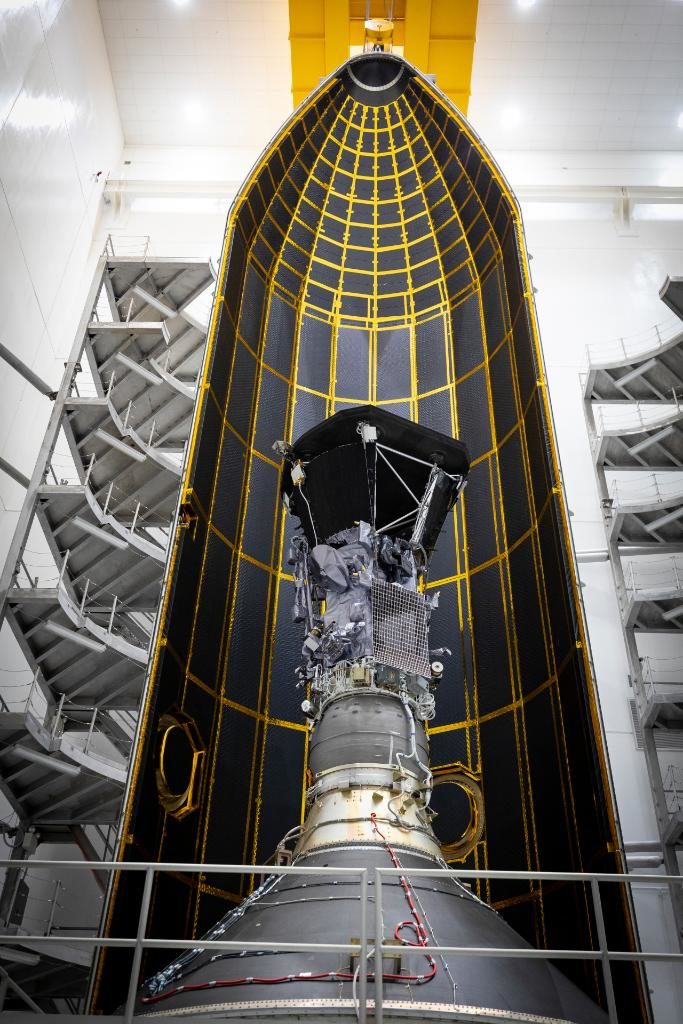NASA’s Spacecraft Will Be Launched Next Week to ‘Touch the Sun’

NASA is preparing to launch their Parker Solar Probe to “touch the sun.” If there is no delay, the probe will be launched with a United Launch Alliance Delta IV Heavy rocket on 11 August from Cape Canaveral Air Force Station (Florida).
The launch window will last for about 45 minutes, and it will start at 3:45 a.m. EDT. The event of the launch will be streamed live on Space.com.
To get to the sun, the probe must be launched with a massive rocket, so that it will be lifted quickly from Earth. In launch power, the Delta IV Heavy rocket is right after the new Falcon Heavy rocket – which is the most powerful rocket at the moment.
As soon as the probe is launched, it must first get a gravity assist, so it will loop around Venus and then slow down towards the sun. The gravity assist is planned for 2 October, when the probe will have to be on track and approach the Sun on 5 November. As soon as it gets close to the sun, it will make 24 orbits in seven years, while it will slowly get closer to the sun.
The Parker Solar Probe Will Fly Through the Sun’s Corona
In 2025, the Parker Solar Probe will get as close to the sun’s surface as it can – 6 million kilometers, meaning that the probe will fly through the hot corona. The heat will not melt the probe, because the engineers have created a powerful shield that will keep everything in the probe at 85 degrees Fahrenheit (30 degrees Celsius).
While the probe orbits the sun, it will use its instruments to learn more about the star and solve some mysteries: why is the corona hotter at a greater distance from the surface compared to the one closer to the surface of the sun, how are solar winds born and what creates coronal mass ejections? These answers could apply to how stars outside our solar system work.

0 comments